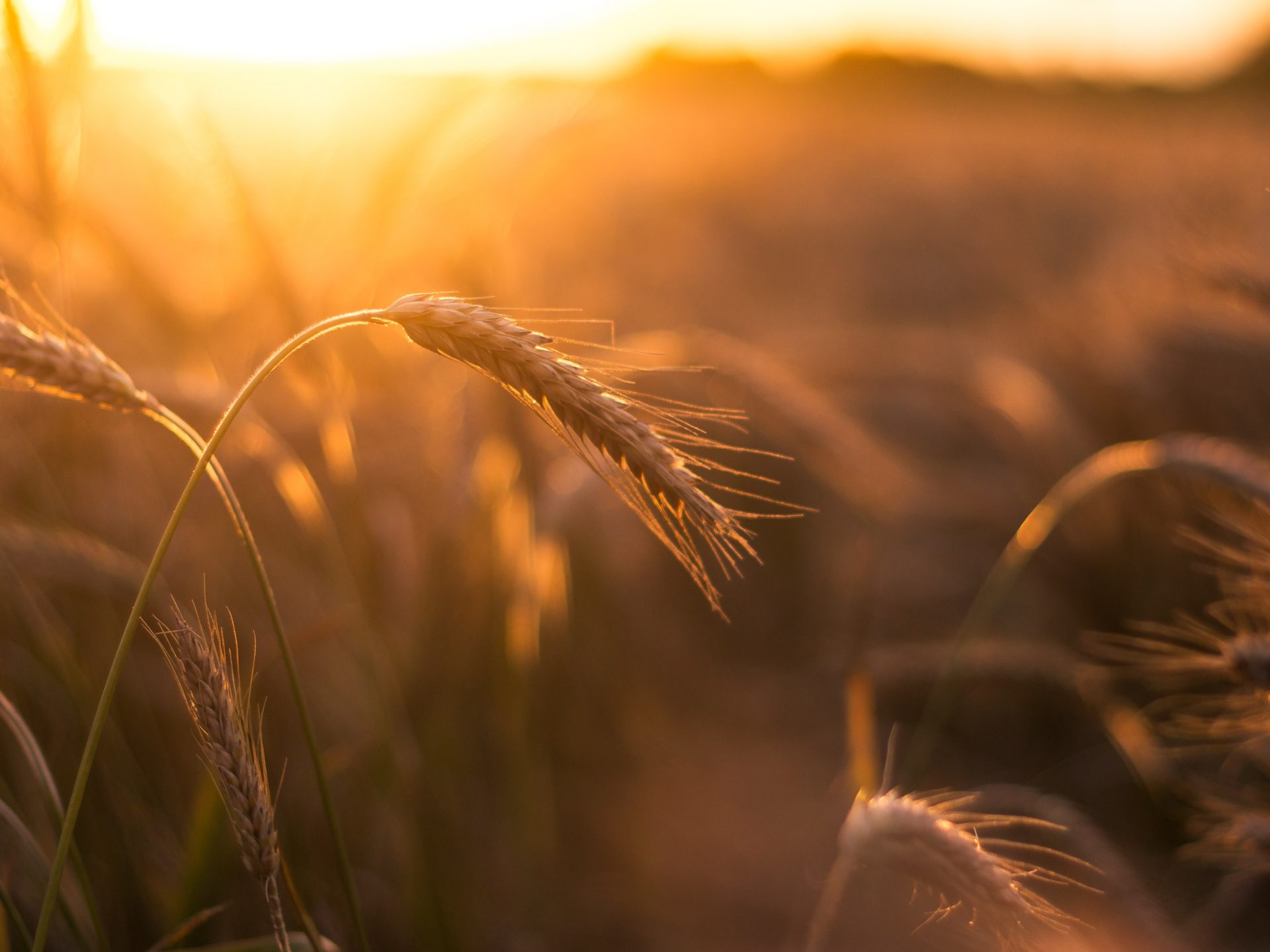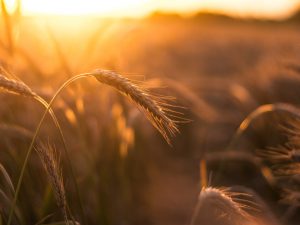
Trust the Farmer

Caraway is not threshed with a sledge, nor is the wheel of a cart rolled over cumin; caraway is beaten out with a rod, and cumin with a stick. Grain must be ground to make bread; so one does not go on threshing it forever. The wheels of a threshing cart may be rolled over it, but one does not use horses to grind grain. All this also comes from the Lord Almighty, whose plan is wonderful, whose wisdom is magnificent. (Isaiah 28:27-29)
When we’re in crisis, undergoing suffering and trials (or even seeing others go through them), we inevitably ask questions. Why? Why me? Why is this happening? Why would God allow this? What are you doing? These questions represent a struggle to trust. They don’t necessarily express doubt, but a desire to understand. Unfortunately, we’re very limited, and we just might not get it. What then?
Isaiah offers us some help here. His country is facing a brutal invasion. (History repeats itself.) People are clamoring for answers. Beginning in 28:23, he pauses his prophecy and offers a brief word of wisdom. “Look to the farmer,” he says. He knows how to prepare the ground (verse 24). He knows how, where, and when to plant the various types of seeds (verse 25). He knows exactly how to harvest each crop so as not to damage any of the fruit (verse 27). And he knows how to turn the crop into food, making bread from the grain. All this comes from the Lord (verses 26, 29).
If I understand Isaiah aright, I think he’s inviting us to put ourselves in the place of the caraway and cumin. How confused they must be throughout the process! They must be sorely tempted to ask the same questions we often ask: “Why am I here? Why do I have to endure the beating, the cart rolling over me, being ground into powder? Why is it all so hard?” The answer is, quite simply, because the farmer knows what he is doing.
When life hurts and you ask these questions, trust the Farmer. He put you exactly where you need to be, and harvested in accordance with all wisdom. The harsh blows we feel are, in his mercy and wisdom, given with all precision, to produce in us the harvest and fruit he longs to see. We are being prepared like bread for our Master’s enjoyment, but—and here the analogy breaks down—we get to sit at the banqueting table with him in the end, marveling from the perspective of glory at his wonderful plan and magnificent wisdom!
Trials come by his design—the wisest, surest way to see the harvest he has promised to produce in us. Trust the Farmer.
